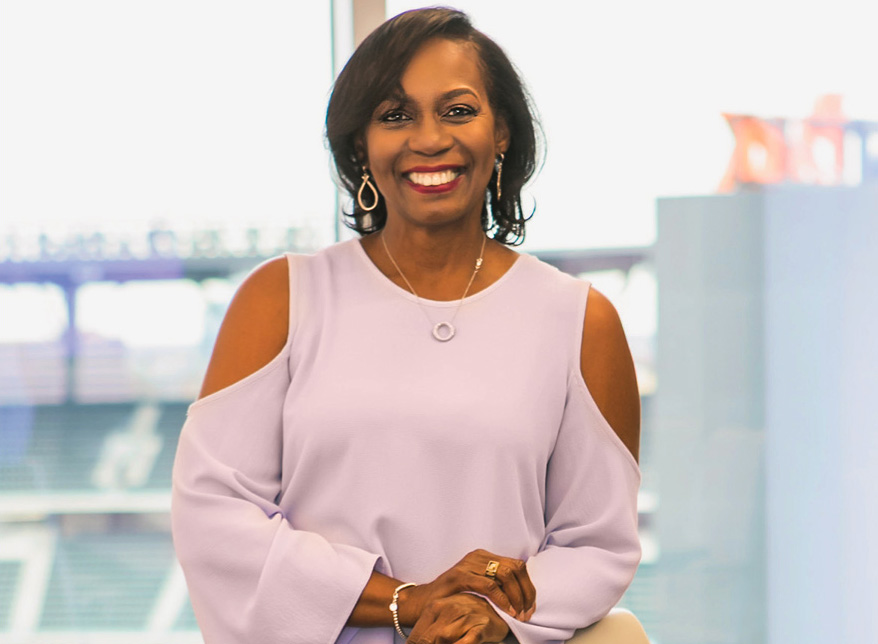Closing the gap for Black business owners
Burunda Prince ’83
Early in her career, Burunda Prince ’83 recognized that even with a title, a nice office, and credentials including a bachelor’s in chemical engineering from MIT and an MBA from Harvard Business School, she would still be excluded from important discussions at her workplace.
Once, after a meeting about one of Prince’s projects, her male colleagues continued their dialogue as they walked into the men’s bathroom. “I followed them in,” says Prince, laughing. “I told them I was determined to advocate for my position. And if this is where the conversation was taking place, so be it.”

Although more women and people of color now have a seat at the table where strategic decisions are made, Prince says, those groups are still often left out of the informal networks where investment and funding deals take place. Overcoming that barrier is especially important because entrepreneurship is crucial to building wealth. “The greatest equalizer in the wealth disparity between white America and people of color is business ownership,” she points out.
As chief operating officer at the nonprofit Russell Innovation Center for Entrepreneurs (RICE) in her hometown of Atlanta, Prince is working with her team to build the infrastructure to support Black entrepreneurs in successfully building their companies.
RICE is part incubator, part accelerator, and part maker space. Launched in 2019 by the descendants of Herman J. Russell, a noted Atlanta businessman, philanthropist, and civil rights supporter, it provides business advice, training, access to capital, and networking opportunities to more than 500 Black-owned local startups and small businesses. Among the services it offered during the pandemic was assistance with Paycheck Protection Program loan applications to help local businesses stay afloat.
“It can take years for a business to grow, develop, and become sustainable. In addition to sales and capital, I needed to offer other metrics,” says Prince. “We found that key touch points—how often the center’s staff interacts with the entrepreneur—are the best measure for success. It also signals that RICE is in this for the long haul with members, funders, and supporters.”
Prince came to RICE from a managing director role at the Farm, Comcast NBCUniversal’s tech accelerator. “As COO I’ve been able to leverage all my previous career experiences from corporate to consulting to leadership roles at nonprofit civic organizations,” she says. “And I have the privilege of supporting Black entrepreneurs in a way that impacts individual lives and communities.”
Keep Reading
Most Popular
Large language models can do jaw-dropping things. But nobody knows exactly why.
And that's a problem. Figuring it out is one of the biggest scientific puzzles of our time and a crucial step towards controlling more powerful future models.
The problem with plug-in hybrids? Their drivers.
Plug-in hybrids are often sold as a transition to EVs, but new data from Europe shows we’re still underestimating the emissions they produce.
Google DeepMind’s new generative model makes Super Mario–like games from scratch
Genie learns how to control games by watching hours and hours of video. It could help train next-gen robots too.
How scientists traced a mysterious covid case back to six toilets
When wastewater surveillance turns into a hunt for a single infected individual, the ethics get tricky.
Stay connected
Get the latest updates from
MIT Technology Review
Discover special offers, top stories, upcoming events, and more.